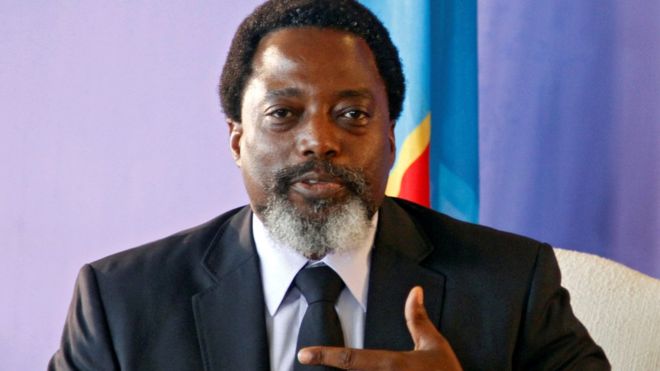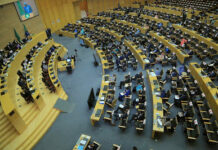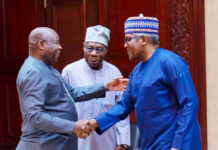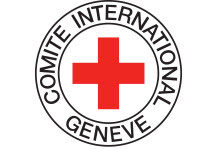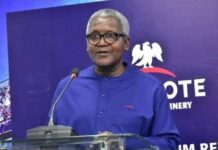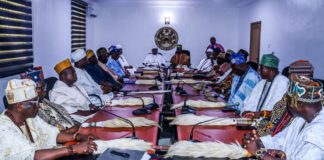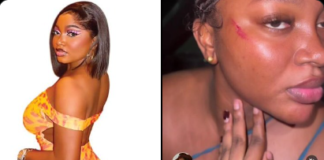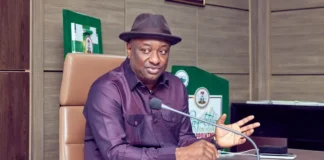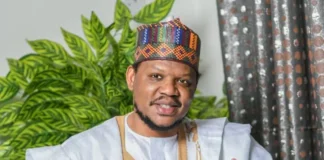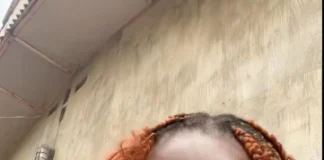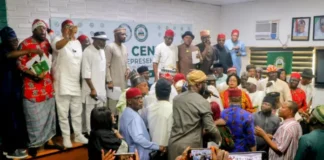A new report by political and security risk consultancy A2 Global Risk offers guidance to businesses and the risks they are likely to face after Kabila steps down.
The December’s presidential elections in the Democratic Republic of the Congo ought to bring new hope, after autocratic Joseph Kabila in August finally agreed to stand down. But with leading opposition candidates barred and a Kabila loyalist lined up as successor, will it just bring more of the same? A new report by political and security risk consultancy A2 Global Risk offers guidance to businesses and the risks they are likely to face after Kabila steps down.
| Although the Democratic Republic of the Congo (DCR) is rich in natural resources, including gold, copper and cobalt, little of that wealth reaches its ordinary people; 63 per cent of the population survive on less than USD1.9 per day. Instead, recent investigations have suggested, huge sums could have ended up in the coffers of President Joseph Kabila, his family and cronies.
Analysis of public records suggests that public funds found their way into a complex network of entities controlled by Kabila, his family and allies. An assessment of interests held through Kabila’s circle in countries such as Namibia also indicates this. A presidential election ought to present an opportunity for a fresh start after 17 years of Kabila as president. However, A2 Global Risk Senior Analyst and Sub-Saharan Africa analyst Olivier Milland, author of the report Business risks and the Democratic Republic of the Congo: What happens when Kabila steps down?, is less optimistic. ‘The signs are that there will be little real change. The front man will change, but business will likely continue as before.’ Indicators suggest that investment risk will remain high in the wake of the election, A2 Global assesses. These include:
Advertisement
The December election is unlikely to be free and fair, raising the potential for civil unrest and violence Kabila has taken steps to ensure that a staunch supporter succeeds him, reducing the risk of possible prosecution after he steps down Meanwhile, Kabila’s immediate circle of relatives and friends dominates an opaque business community that is likely to maintain control of much of the wealth in the DRC in the medium term The A2 Global Risk report
‘With so many vested interests intent in retaining the status quo, this leaves foreign businesses considering market entry in a difficult position ‘On one hand, they could face unfair competition from companies with Kabila connections; while on the other they must ensure that dealings do not violate the multitude of national and extra-territorial anti-money-laundering regulations.’ |

